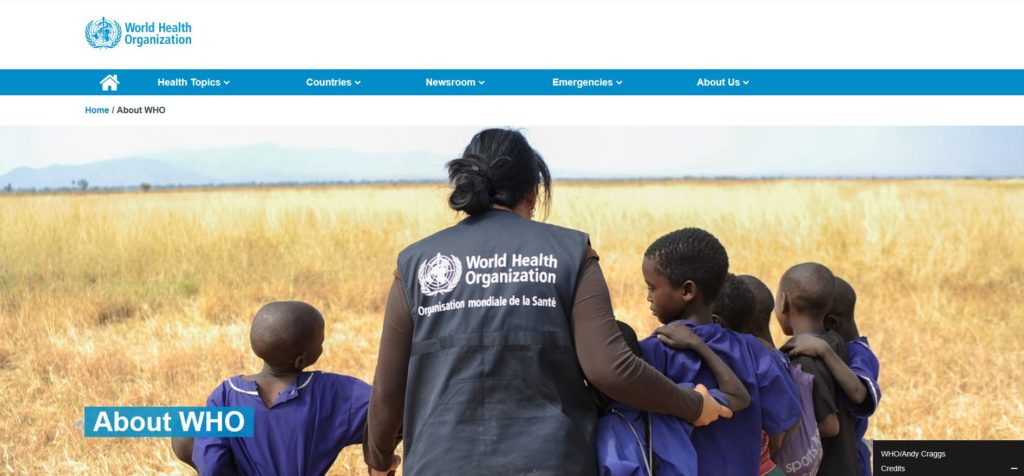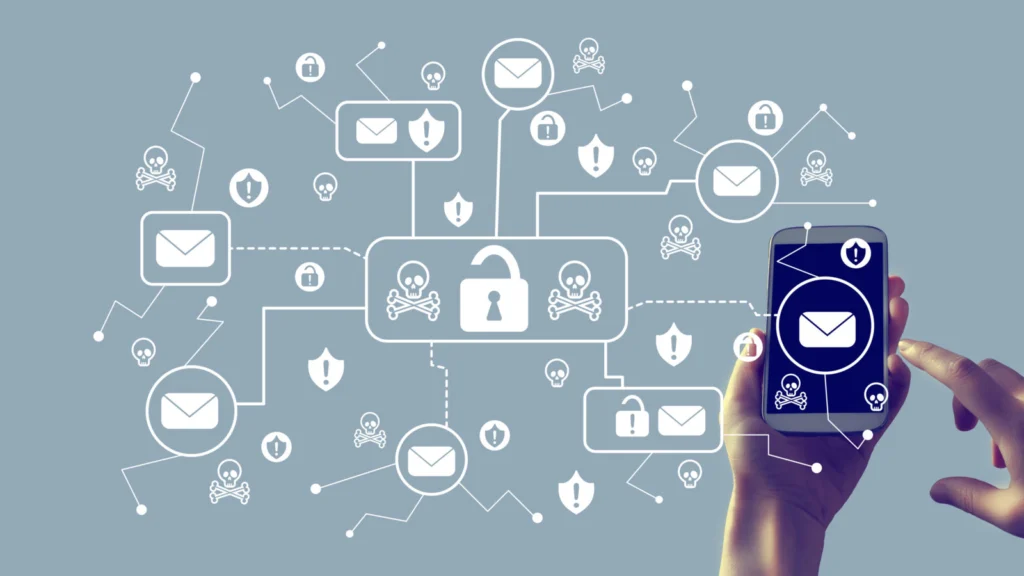… or is it? In other posts, we talked about the dangers of counterfeit pharmaceuticals and automotive parts, but there is another threat that appears to be growing in secret. That threat is counterfeit medical devices.
Our hearts are complicated and important organs. Because of this, it can be expensive to keep them beating strong. A replacement heart valve is a multi-million dollar device that your life depends on. What if it was counterfeit or contained counterfeit components? We often hear about the financial damages caused by fake goods like purses or watches, but let’s focus on the very real health and safety concerns posed by counterfeit medical devices.
Risks and Dangers
The Food & Drug Administration (FDA) thoroughly reviews medical devices and accessories for safety and effectiveness before approving them. However, counterfeit products do not undergo this scrutiny. Therefore, they can lead to serious health issues including infection, injury, disability and even death.
Are there actually counterfeit medical devices though? Many regard the medical field as a sacred part of society that is generally safe. Sadly, this is not always the case as recent reports from the WHO (World Health Organization) are finding. Even as early as 2010, the WHO was reporting that 8% of all medical devices in circulation were in fact fake.
“The existence of substandard and falsified (SF) medical products is an unacceptable risk to public health. They affect every region of the world, and medicines from all major therapeutic categories have been reported, including vaccines and diagnostics. They harm patients and undermine confidence in medical products, healthcare professionals and health systems.”
World Health Organization https://www.who.int/medicines/regulation/ssffc/en/
It is also important to note that the risk of encountering a counterfeit medical device increases with the rise of chronic diseases, as we are seeing now. According to Yann Ischi the Director of New Channels and partnerships at SICPA, “Importantly, chronic diseases like diabetes or asthma, where people will use devices again and again all through their lives, increase enormously the chance to encounter a counterfeit, especially if you travel and you don’t know the place where you buy your drugs or your devices.”
Life-threatening Recalls
As our Steve Austin title suggests, a company recalled several multi-million dollar hearts (intra-aortic pumps worth $7 million to be exact) because of counterfeit components. Although these devices may seem genuine, their counterfeit parts can malfunction leading to death.
Surgical devices, such as clip cartridges, surgical mesh, thermometers, plates, and screws have been found to be counterfeit. Counterfeiters also produce medical accessories and equipment, such as syringes, needles, bandages, gauze, blood pressure measuring devices, glucose meters, pregnancy tests, contraceptives, implants, contact lenses, contrast media, and magnetic resonance imaging (MRI) and computed tomography (CT) devices. The dental industry sees a large amount of counterfeit products as well, including x-ray machines, turbines, drills, and even fake braces. Counterfeit medical devices have a broad impact in the medical world.
Another Growing Problem: Over-the-Counter Medication
The risk does not just affect medical devices. According to the WHO, counterfeit over-the-counter medicine is also a danger. In 2013, 44 Paraguayan children ingested an over-the-counter cough medicine resulting in hospitalization. The cough medicine included an unsafe active pharmaceutical ingredient. This same contaminated ingredient killed 60 people in Pakistan just 10 months earlier.
Beyond the patient safety impact, counterfeit medical devices, accessories and over-the-counter medications have a wider, negative effect on industry and the economy. They affect patient trust, brand reputation, tax revenue, investment, innovation, employment, criminality, health, and even the environment.
What Can We Do?
The WHO has quite a few suggestions for the medical industry, including:
- Training and supporting a network of nationally-designated focal points within national and regional regulatory agencies,
- Establishing a global database of substandard medical product reports, and
- Analyzing that data to provide evidence-based recommendations.

5 Red Flags for Consumers
There are a number of signs that indicate a medical device or accessory could be counterfeit, including:
- It is being sold without packaging.
- The packaging contains spelling errors.
- A lack of expiration date, lot number and/or name of the manufacturer on the packaging.
- It is sold in street businesses, stalls, kiosks, convenience stores and grocery stores rather than in pharmacies or pharmacy chains.
- When small units of medical equipment are sold within a large package, the expiration date on the main package differs from the expiration dates on the individual packages.
Exercise Caution and Ask Questions
Purchase your over-the-counter medication from a reputable store. Consult with your surgeon prior to any medical procedures. Let them know your concerns about potential counterfeit or substandard medical equipment. 9 times out of 10, the surgeon will be happy to disclose where the medical devices and surgical materials originated from. They’re just as concerned about high quality medical parts as the patient. The best way to prevent receiving counterfeit medical devices or medicine is to communicate with your surgeon or your pharmacist. Keep an eye out for red flags. Ask questions, and get your facts straight if you feel uncertain.

written by
Josh Bargar
October 1, 2019
Stay informed with industry-relevant emails curated by our team of experts.
We send out emails once or twice a month relating to IP Services, industry news, and events we'll be attending so you can meet our experts in person.

Josh Bargar
Josh Bargar is a seasoned investigator who uses his talents to put away the bad guys. Over a decade ago, he graduated with a B.A. in Criminal Justice and was on-boarded at IPS as a fraud prevention analyst. Josh decided to move into the realm of brand protection where he continues to fight online crime and recently received his Master's in Project Management. His taco making skills are also outstanding.



